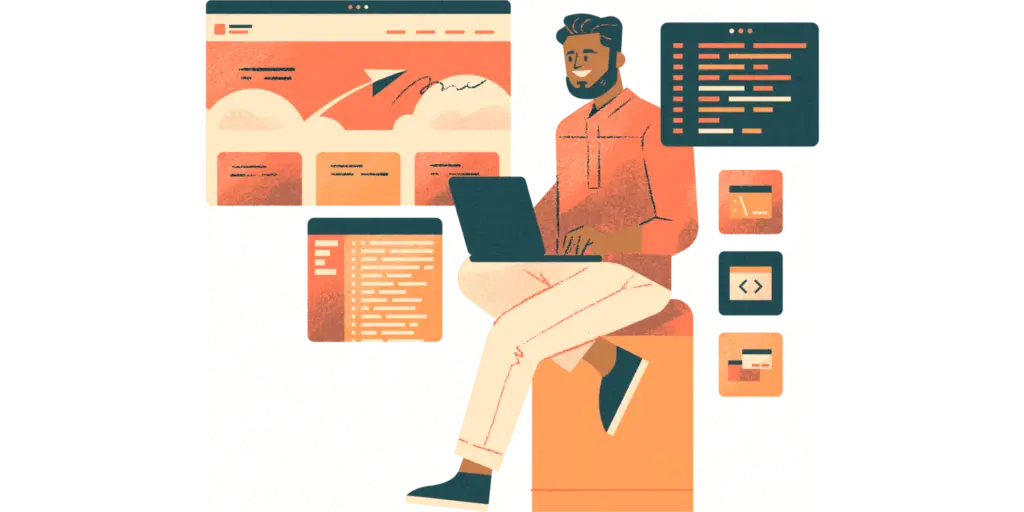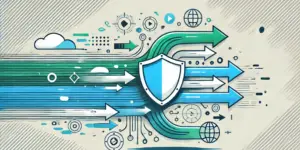Web scraping has exploded in popularity over the last few years, with global data scraping expected to hit $3.5 billion by 2027. For web developers and data analysts, scraping data has become crucial for tasks like price monitoring, competitor analysis, and market research. But it’s not all smooth sailing—especially when you hit obstacles like CAPTCHAs, IP bans, and rate limits.
That’s where rotating proxies come in. In 2024, rotating proxies have become the go-to tool for scraping efficiently, allowing you to dodge bans, avoid detection, and keep your scraping operations running smoothly.
In this guide, we’re going to break down how rotating proxies can elevate your web scraping game. No fluff, just actionable steps to keep you ahead of the curve and behind the scenes, where no one can detect you.
Ready to get started? Let’s jump right in.
What is Web Scraping?
At its core, web scraping is the automated process of extracting data from websites. Instead of manually copying and pasting information, bots do the heavy lifting—rapidly gathering large sets of data with speed and precision. Whether you’re pulling data from e-commerce sites for price comparison, or gathering business leads, web scraping with rotating proxies can save an enormous amount of time.
Use Cases: Web scraping with rotating proxies has a broad range of applications, including:
- Price Tracking: Monitoring competitors’ prices to adjust your own dynamically.
- Market Research: Collecting insights from industry websites, blogs, or news platforms.
- Competitor Analysis: Understanding your competitor’s strategy by analyzing product listings, keywords, or content.
According to a report by McKinsey, businesses that leverage data analytics effectively—often with the help of web scraping—are 23 times more likely to outperform their competitors in terms of customer acquisition.
Challenges: However, web scraping isn’t without its hurdles. Websites implement various anti-scraping measures such as:
- CAPTCHAs: These human-verification systems prevent bots from continuing their scraping activities.
- Rate Limits: Websites restrict the number of requests that can be sent in a short time.
- IP Bans: When too many requests come from a single IP address, it’s a red flag for websites, leading to IP bans.
Understanding these challenges is key to successful web scraping, and that’s where rotating proxies come in handy. They can help you overcome these obstacles with ease.
What Are Rotating Proxies?
Think of proxies as intermediaries between your device and the websites you’re accessing. A rotating proxy takes this one step further—it periodically changes your IP address, making each request appear as if it’s coming from a different location.
So why is that important for web scraping?
Most websites have anti-bot systems in place that monitor IP addresses for abnormal activity, like multiple requests in a short time. Without rotating proxies, your scraping activities would be detected and blocked almost immediately.
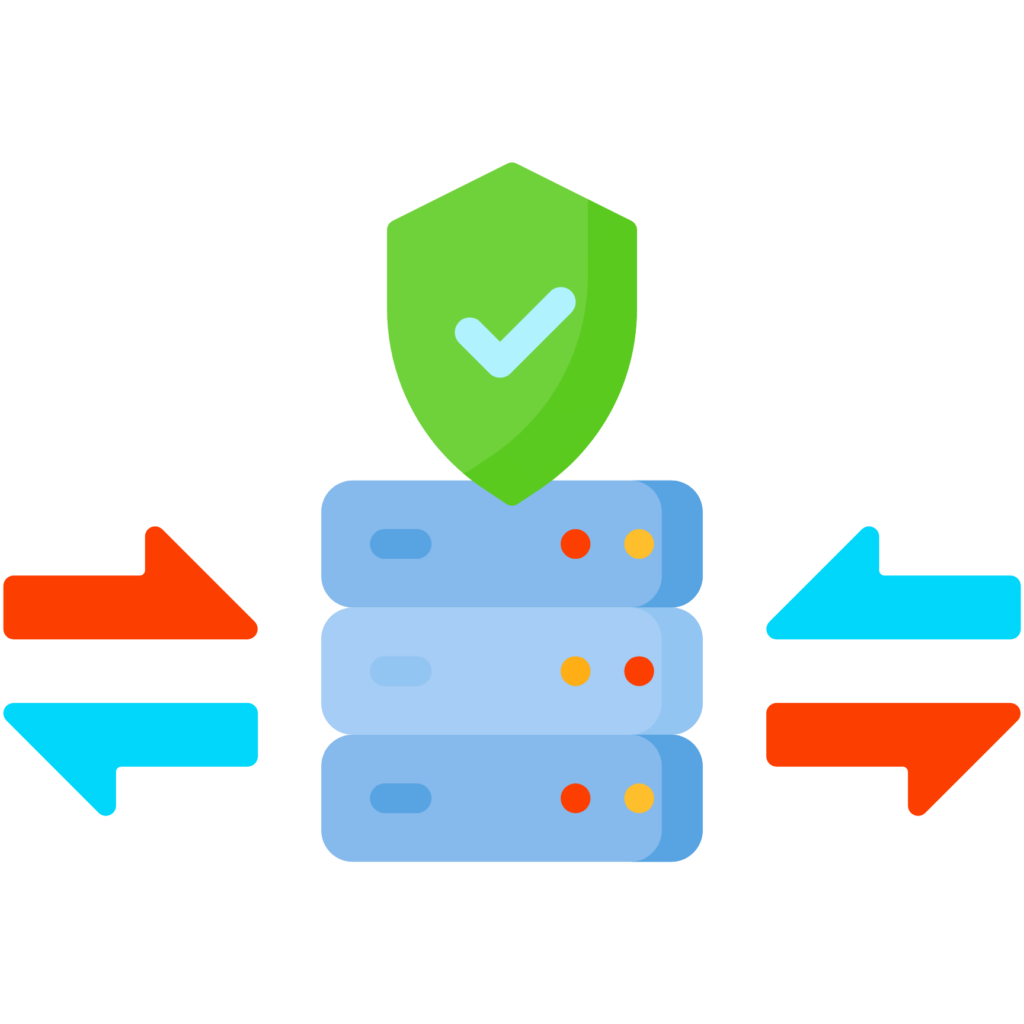
How Rotating Proxies Work
Proxy Rotation: At the heart of rotating proxies is their ability to switch IP addresses automatically during your web scraping sessions. Instead of sending requests from a single IP address (which can easily get flagged and blocked), a rotating proxy service assigns you a new IP from a large pool of addresses after every request or at set intervals.
Imagine it like switching between different disguises each time you enter a store. One minute, you’re a shopper from Paris, the next, you’re checking in from Tokyo. With each request, the proxy service rotates your IP to make it appear as though multiple users from different locations are accessing the site.
This prevents websites from associating your requests with a single entity—helping to bypass rate limits and CAPTCHAs.
Bypassing Detection: Websites are smart. They detect scraping by monitoring patterns like frequent requests from the same IP address. Rotating proxies help scramble these patterns by distributing requests across various IPs, making your activity look like it’s coming from multiple, genuine users in different regions.
Bypassing Detection: Websites implement anti-scraping measures, such as IP rate limits and CAPTCHAs, to prevent excessive requests from bots. According to research by Imperva, 21.8% of web traffic is from bad bots, with many of these bots blocked due to detectable patterns such as repeated requests from a single IP address. Rotating proxies spread your requests across different IPs, making it much harder for websites to identify patterns and block your access.
Balancing Speed and Anonymity: Rotating proxies strike the perfect balance between speed and anonymity. While maintaining a high level of anonymity by switching IP addresses, rotating proxies also ensure you can send requests at a consistent speed. This combination is essential for large-scale scraping operations where both stealth and efficiency are critical.
By leveraging rotating proxies, your scraping operations remain fast, efficient, and, most importantly, undetectable.
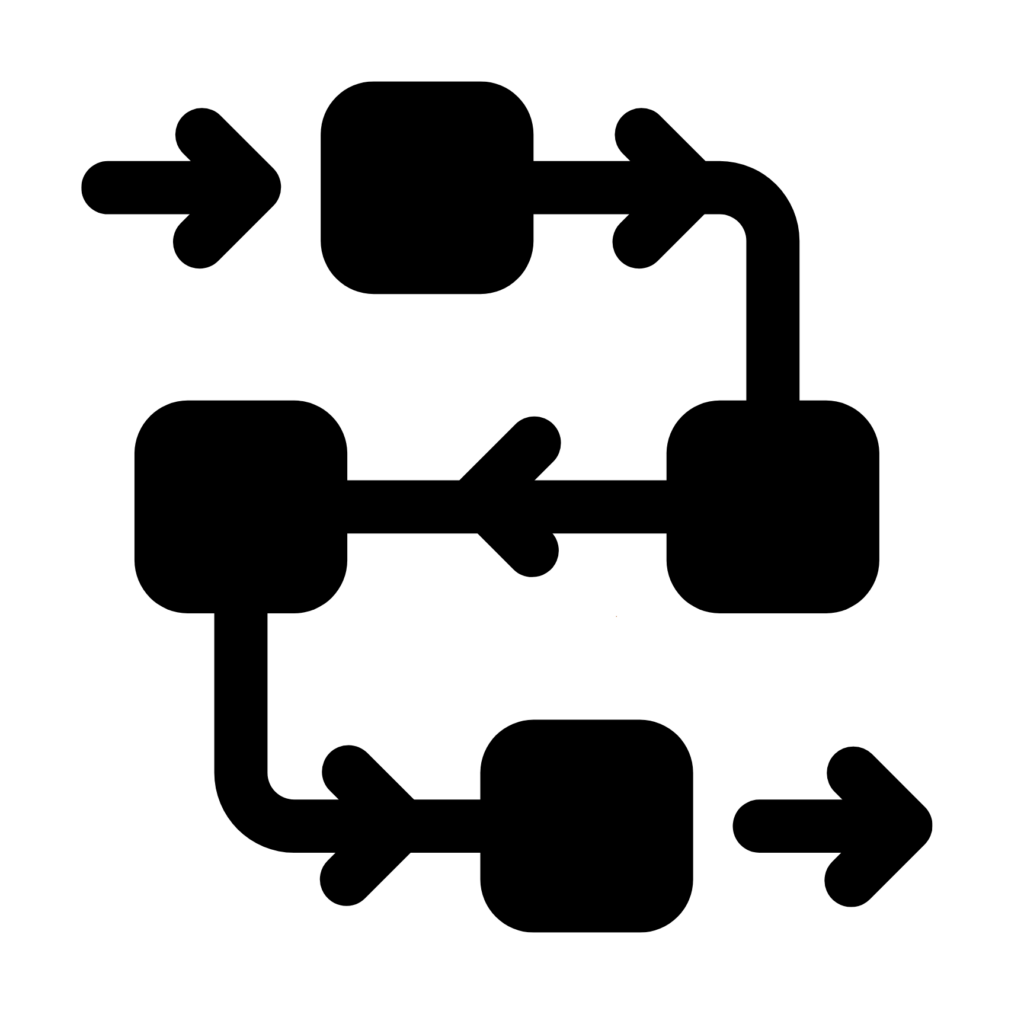
Step-by-Step Guide to Web Scraping with Rotating Proxies
Step 1: Choose a Reliable Proxy Provider
To start, it’s essential to select a trustworthy proxy provider, but not all proxies are created equal. For web scraping, you need rotating proxies with a large IP pool, high speed, and reliability.
Many proxy providers offer different options, such as datacenter or residential proxies, but for web scraping, rotating residential proxies are your best bet. They allow you to change IP addresses frequently, reducing the chance of detection and blocking.
One major challenge users often face with other providers is the manual setup. You have to configure the proxies manually, test multiple IP addresses, and ensure rotation is smooth—this can be a time-consuming process.
With IPBurger, things are different. They offer a plug-and-play system that comes pre-configured with rotating residential proxies. This makes it incredibly simple to set up without the hassle of juggling multiple IPs or configurations. No need to spend hours setting up or troubleshooting—IPBurger does the heavy lifting for you.
Step 2: Set Up Proxies in Your Web Scraping Tool
While you can manually configure proxies with your web scraping tools like Scrapy, BeautifulSoup, and Selenium, it can be a tedious process. Let’s break it down:
Scrapy: You’d typically install the scrapy-rotating-proxies middleware, then configure your proxies in settings.py.
ROTATING_PROXY_LIST = ['proxy1:port', 'proxy2:port', 'proxy3:port']
DOWNLOADER_MIDDLEWARES = {'scrapy_rotating_proxies.middlewares.RotatingProxyMiddleware': 610}BeautifulSoup + Requests: For this, you’d need to use a proxy in your request call, manually selecting and rotating between different IP addresses.
proxies = {'http': 'http://proxy1:port', 'https': 'http://proxy2:port'}
response = requests.get('http://example.com', proxies=proxies)Selenium: The process involves configuring WebDriver to use proxies, which can be cumbersome when dealing with rotation manually.
my_proxy = "proxy1:port"However, with IPBurger, none of this complexity is needed. You’ll have access to pre-configured proxies that you can integrate directly into your tools with minimal setup. IPBurger takes care of the configuration and proxy rotation behind the scenes, so you can focus on scraping the data you need instead of tinkering with settings.
Step 3: Handle CAPTCHAs and Rate Limits
Even with proxies, many websites use CAPTCHAs and rate-limiting to prevent scraping.
- CAPTCHAs can be handled through services like 2Captcha or Anti-Captcha. But integrating them manually into your scraping scripts adds extra complexity.
- Rate Limits can be overcome by adjusting request intervals in your scripts, but this too requires careful tuning.
Again, IPBurger simplifies this process by offering proxies optimized for scraping. Their proxies come with built-in rotation and are designed to minimize the chances of hitting rate limits or CAPTCHA challenges, reducing the need for manual intervention.
Step 4: Implement IP Rotation Effectively
Setting up IP rotation can be tricky with manual solutions, especially for large-scale scraping operations.
For example, in Scrapy, you’d configure middleware to rotate IPs, or with BeautifulSoup, you’d manually rotate proxies during each request. Both options require significant oversight and code tweaking.
However, IPBurger handles this for you automatically. Their rotating proxies continuously shift IP addresses in the background, so you don’t have to worry about manual rotation or getting blocked by the website you’re scraping.
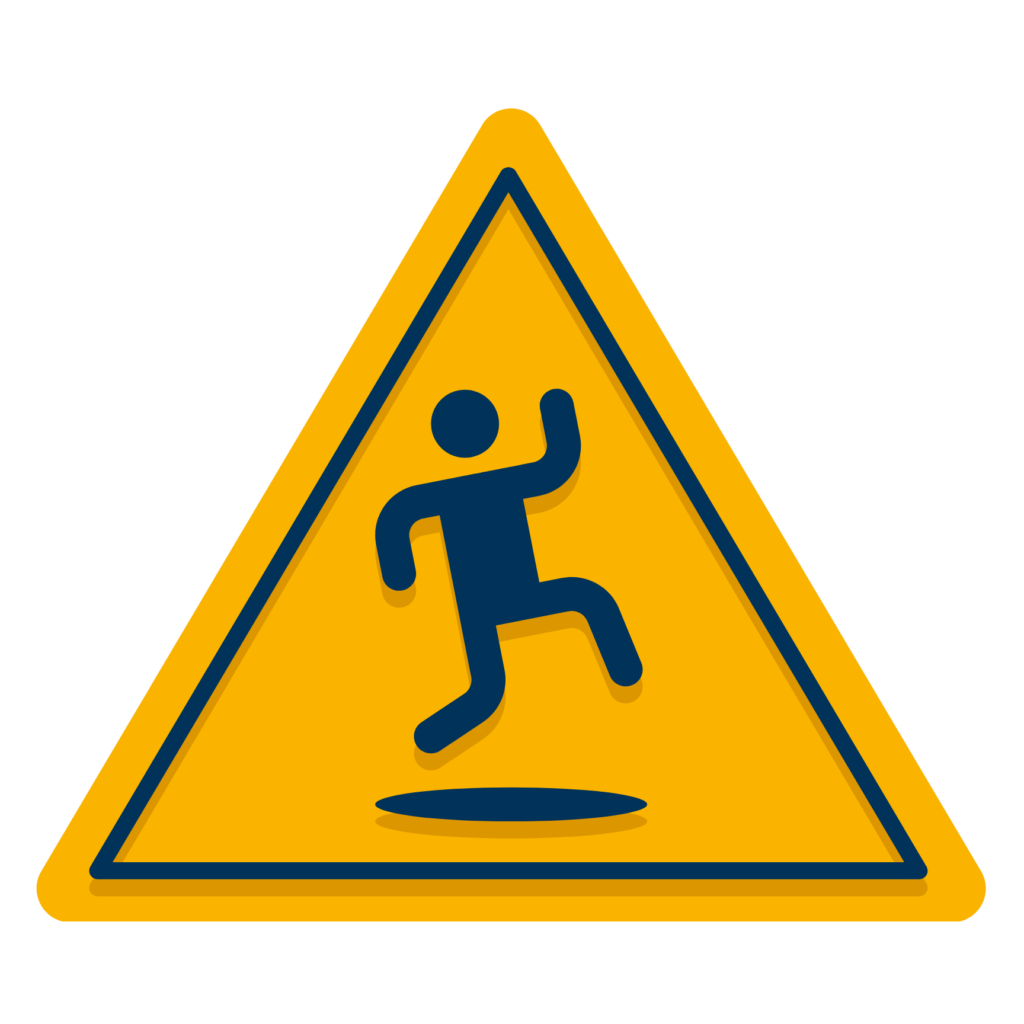
Avoiding Common Web Scraping Pitfalls
Avoiding Detection
Websites are becoming increasingly savvy at detecting automated scraping activity. One of the most common pitfalls for web scrapers is failing to simulate human behavior properly. When websites see a constant stream of requests from the same IP address or notice non-human patterns (like identical request intervals or a single user agent), they raise red flags.
Here’s how you can reduce your detection risk:
- Randomize Request Intervals: Instead of sending requests at a fixed interval, randomize your request timing. This makes your activity appear more organic, mirroring the unpredictability of real human browsing behavior.
- Use Real User Agents: A user agent is a piece of data that tells the website what browser and device you’re using. Randomizing and rotating real user agents makes it harder for websites to spot scraping activity. For example, one request could look like it’s coming from a Chrome user on a MacBook, while the next could appear as a Firefox user on Windows.
But here’s the thing. Setting all this up manually? A pain. Luckily, IPBurger’s rotating proxies come pre-configured to handle this level of rotation. You can automate user-agent switching and random request intervals right out of the box, saving you the hassle of manual configuration.
Monitoring for Blocks
Even with the best practices, there’s always a chance that your scraping efforts might trigger blocks. Monitoring your scraping activity and keeping an eye on signs of blocking is critical.
Common indicators of blocking include:
- Receiving 403 Forbidden or 503 Service Unavailable responses.
- Being redirected to CAPTCHA pages.
- A sudden drop in successful responses.
To stay ahead of blocks, it’s important to rotate IPs frequently, keep an eye on server responses, and tweak your scraping strategy as needed. And once again, IPBurger makes it easy with built-in monitoring tools that alert you to potential issues in real-time.
Proxies and CAPTCHAs
Even with the most sophisticated rotating proxies, you’re likely to run into CAPTCHAs—those annoying little puzzles designed to tell humans and bots apart. Integrating CAPTCHA-solving services with your proxies is crucial for keeping your scraping sessions uninterrupted.
Here’s how you can handle CAPTCHAs effectively:
- Third-Party Solvers: Tools like 2Captcha and Anti-Captcha can solve CAPTCHAs automatically for you. These services integrate directly with your web scraping tools, allowing for seamless scraping without manual input.
- Use Proxies Smartly: CAPTCHAs are often triggered by scraping patterns that appear automated. By utilizing IPBurger’s rotating residential proxies, you can reduce the number of CAPTCHA prompts you encounter, as the system will see your requests coming from a variety of real residential IPs instead of a single suspicious source.

Legal and Ethical Considerations in Web Scraping With Rotating Proxies
Legal Risks
Web scraping with rotating proxies operates in a gray legal area, with some high-profile cases setting precedents. One of the most significant cases in the web scraping world is LinkedIn vs. HiQ Labs. In this landmark decision, the courts ruled that scraping publicly available data on LinkedIn didn’t violate the Computer Fraud and Abuse Act (CFAA), but it also emphasized the importance of checking the legality of scraping in specific contexts.
Web scraping with rotating proxies is legal when:
- You’re scraping publicly available data that isn’t restricted by a site’s Terms of Service.
- You’re adhering to regional data protection laws like GDPR in Europe or CCPA in California.
However, if you ignore a website’s robots.txt file, scrape private or personal data, or scrape at a rate that overloads the server, you could find yourself in legal hot water. Always ensure you’re aware of the local laws and guidelines surrounding data collection.
Ethical Web Scraping With Rotating Proxies
Even if your scraping activities are legal, it’s equally important to be ethical. Ethical scraping practices are centered around respecting the websites you’re scraping from and not disrupting their services.
Some best practices include:
- Respecting Robots.txt Files: This is a website’s way of saying, “Please don’t scrape these parts of my site.” While it’s not illegal to scrape beyond what’s permitted in the robots.txt file (except in some jurisdictions), ignoring these instructions is considered unethical.
- Rate-Limiting Your Scraping: Bombarding a website with requests can overload its servers and impact its performance. Be a responsible scraper by slowing down your request rates and ensuring you don’t disrupt the website’s normal operations. Using rotating proxies helps manage requests and avoid overloading servers.
- Don’t Scrape Private Data: Scraping personal data—whether emails, credit card information, or any other sensitive details—is not just unethical but can also lead to legal consequences under privacy laws like GDPR and CCPA. Stick to public and non-sensitive information to avoid these issues.
By following these legal and ethical guidelines, you can ensure that your web scraping activities are compliant, respectful, and sustainable. And, when using IPBurger’s rotating proxies, you can add an extra layer of anonymity while adhering to these best practices.
Conclusion
Web scraping is an incredibly powerful tool, but it’s one that comes with its own set of challenges, from CAPTCHAs to IP bans. That’s where rotating proxies step in, ensuring that you can scrape data efficiently and undetected. By leveraging the versatility of rotating proxies, you can bypass rate limits, avoid detection, and get the data you need with minimal disruptions.
But remember, success in web scraping isn’t just about the tools you use—it’s about how you use them. Following best practices, respecting legal and ethical boundaries, and ensuring your scraping activities remain sustainable are key. And when it comes to tools, IPBurger’s rotating proxies give you the edge you need, providing speed, reliability, and, most importantly, anonymity.
Ready to level up your web scraping game? Try IPBurger’s rotating proxies today for seamless, secure, and efficient data extraction.
FAQs
1. What are rotating proxies, and how do they work in web scraping?
Rotating proxies automatically change the IP address used for each connection or request. This is crucial in web scraping, as websites often limit the number of requests that can be made from a single IP. Rotating proxies help avoid detection and prevent your scraper from being blocked, ensuring that you can extract data without interruptions.
2. Is it legal to do web scraping with rotating proxies?
The legality of using rotating proxies for web scraping depends on the site’s terms of service and local laws. While many sites allow scraping for non-commercial purposes, others explicitly forbid it. Always review the site’s robots.txt file and terms of service before scraping, and avoid violating any legal agreements. Cases like LinkedIn vs. HiQ highlight the complexity of this issue, so legal research is recommended.
3. How do rotating proxies help prevent CAPTCHA challenges?
Rotating proxies reduce the likelihood of encountering CAPTCHA challenges by distributing requests across multiple IP addresses. Websites typically trigger CAPTCHAs when they detect suspicious behavior, like multiple rapid requests from the same IP. By rotating IPs, your scraper behaves more like human traffic, lowering the chances of being flagged. For sites with heavy CAPTCHA use, integrating third-party CAPTCHA-solving tools with rotating proxies can also improve efficiency.
